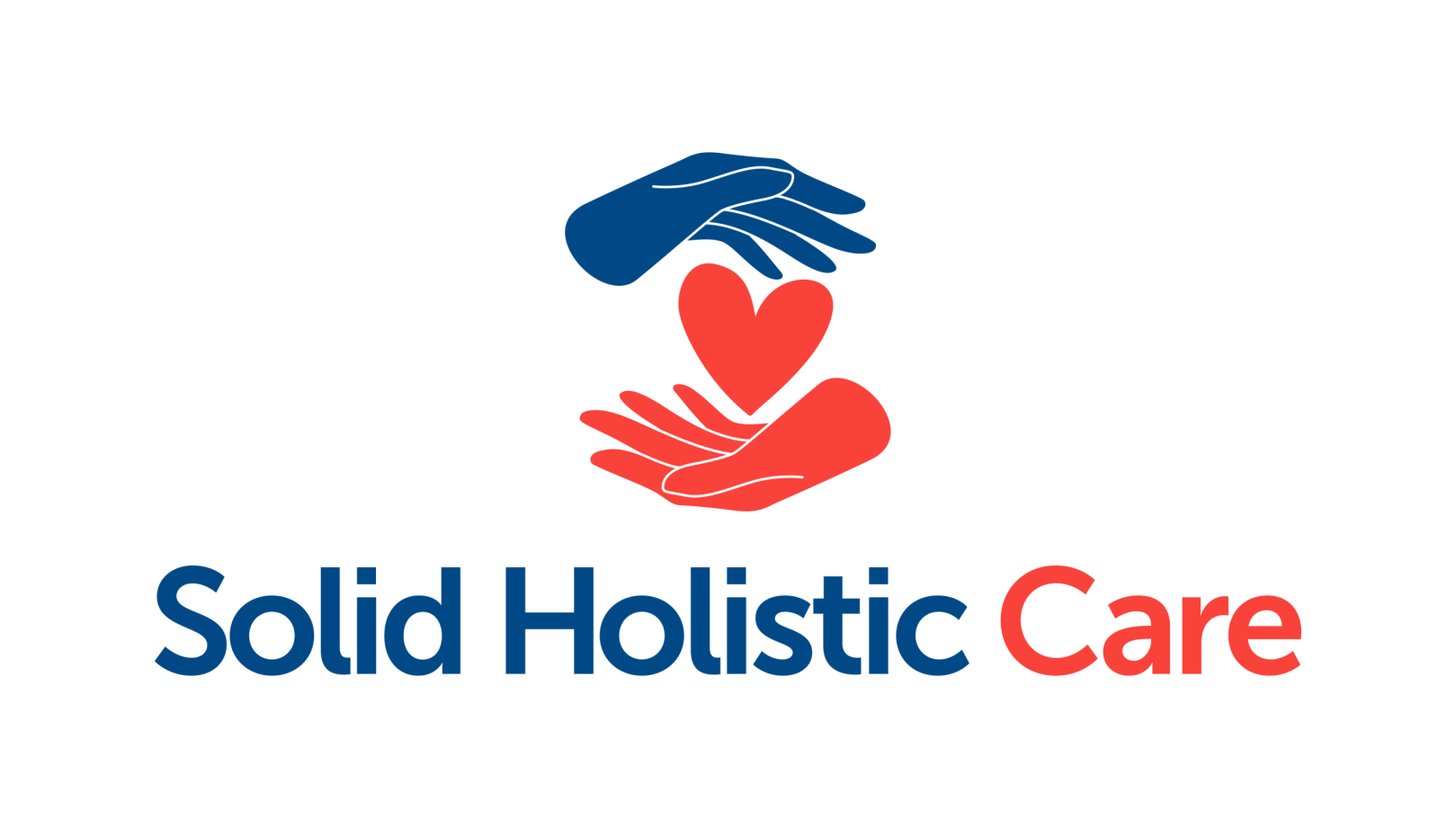Selecting the right disability support in Newcastle services is crucial for enhancing the quality of life for individuals with disabilities and ensuring they receive the care and assistance they need. In Newcastle, Solid Holistic Care specialises in psychosocial and dementia care, and offers a wide range of support options, including respite care, supported independent living, community access and in-home support. This blog will guide you through these options and provide essential considerations to help you make an informed decision on what care is best for you.
Understanding Your Disability Support Options
Solid Holistic Care is a registered NDIS provider based in Newcastle, providing disability support services for clients across the Hunter region in Newcastle, Lake Macquarie, Maitland and Port Stephens.
Respite Care
Respite care provides temporary relief for primary caregivers by offering short-term care for individuals with disabilities. This service is essential for preventing caregiver burnout and ensuring continuous, high-quality care for the individual with a disability.
Benefits for Individual
Respite care allows caregivers to take a break, attend to personal needs, or manage other responsibilities while ensuring their loved ones are well cared for. It also provides individuals with disabilities an opportunity to experience different environments and social interactions.
Supported Independent Living (SIL)
Supported Independent Living is designed for individuals with disabilities who wish to live independently while still receiving necessary support. This option includes assistance with daily activities, household chores, personal care, and skill development.
Benefits for Individual
SIL promotes independence, self-reliance, and personal growth. It allows individuals to live in their own homes or shared accommodations with the support they need to manage their daily lives.
Community Access
Community access services aim to help individuals with disabilities engage with their communities, participate in social activities, and build relationships. This support includes assistance with transportation, attending events, and accessing community facilities.
Benefits for Individual
Community access fosters social inclusion, reduces isolation, and enhances the quality of life for individuals with disabilities. It encourages them to explore new interests, make new friends, and become more active members of their communities.
In-Home Support
In-home support is provided in the participant’s home to assist with housework, meal preparation and other tasks the participant would like assistance/support to complete tasks that take place in their home environment.
Benefits for Individual
Solid Holistic Care has a van that has capacity for 2 wheelchairs to be transported at the same time. Taxis are expensive and can have long wait times SHC can offer the van a part of Community Access with an SHC support worker, KM are charged as per NDIS guidelines.
Specialised Substitute Residential Provider
SSRC previously known as Voluntary Out Of Home Care VOOCH
SHC has our SSRC registration which means we can work with children from newborn to 18 years old. Children accessing SSRC do not need to have an NDIS plan. This service is delivered the same as respite and can be funded by the Department of Communities and Justice.
Factors to Consider When Choosing Disability Support
- Individual Needs and Preferences: Understanding the specific needs and preferences of the individual with a disability is the first step in choosing the appropriate support. Consider their daily routines, level of independence, social preferences, and any medical or psychological requirements.
- Quality of Care: Research the quality of care provided by potential service providers. Look for providers like Solid Holistic Care that offer person-centred care tailored to the individual’s needs.
- Staff Qualifications and Training: Ensure that the staff providing support are well-trained, qualified, and experienced in working with individuals with disabilities. They should have relevant certifications and undergo continuous training to stay updated on best practices in disability care.
- Flexibility and Adaptability: Disability support needs can change over time, so it’s important to choose a provider that is flexible and adaptable.
- Cost and Funding Options: Consider the cost of the services and the available funding options. Many disability support services can be funded through government programs, such as the National Disability Insurance Scheme (NDIS).
Comprehensive Disability Support with Solid Holistic Care
Choosing the appropriate disability support in Newcastle involves careful consideration of the individual’s needs, the quality of care, the range of services offered, and the provider’s reputation. Solid Holistic Care stands out as a leading disability support provider specialising psychosocial and dementia care. Delivering, respite care, supported independent living, and community access. By taking the time to research and evaluate your options, you can ensure that the individual with a disability receives the best possible support to enhance their quality of life and promote their independence and well-being.

